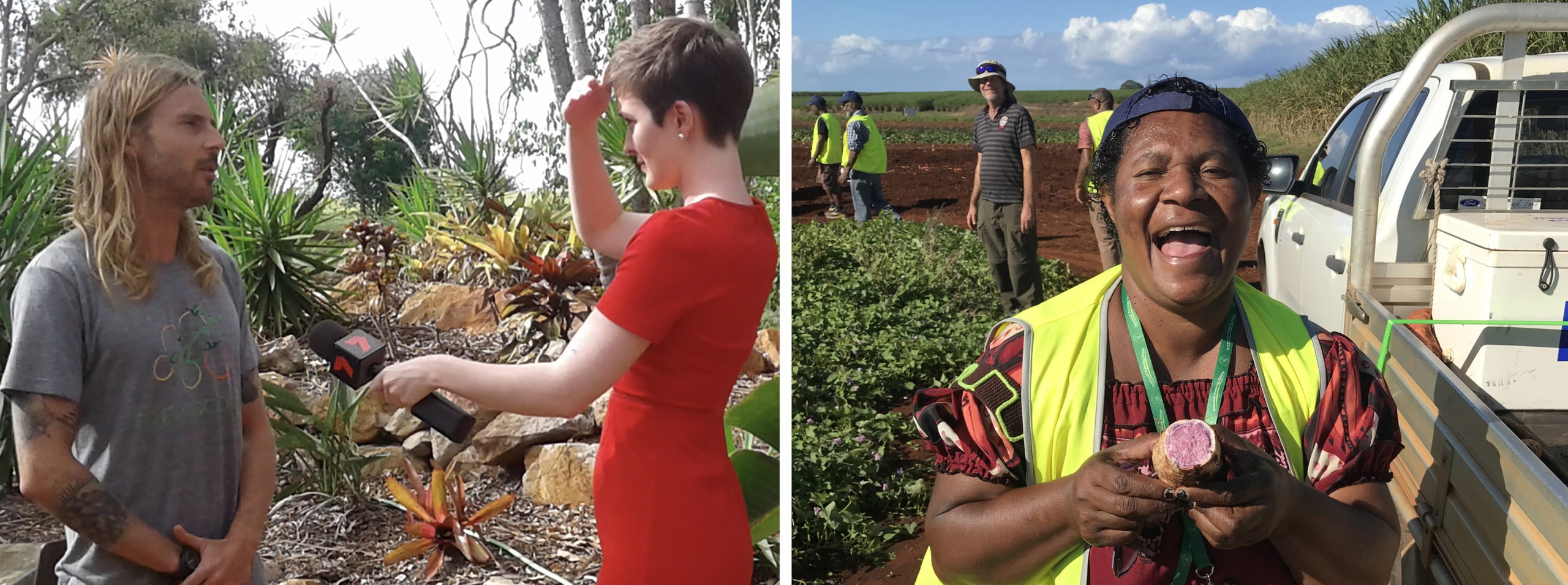

Our Nextgen Podcast Series Episode 5: Pathways to Making a Global Difference in Ag
June 28, 2021

Kirt Hainzer started his journey into agriculture for development with a Bachelor of Finance in the UK, before becoming a management consultant in Australia and then spending a decade in Asia, Europe and the Americas in agriculture development, agriculture research and as a farmer.
“Connection to your land, working outside and working in nature and growing food is beautiful,” said Kirt about some of the memorable experiences he has had working with farmers in some of the world’s poorest countries.
It’s a wrap! We hope you have been inspired by our podcast series highlighting just some of the many and varied career pathways to ag for development. We have heard from nutritionist Maree Bouterakos, young anthropologist Kayla Lochner, environmental scientist Anneliese Austin; and communication specialist Zoie Jones about their work and life journeys.
For our fifth and final podcast, we hear from Kirt Hainzer, whose blog is here. Kirt has had a ‘finance pathway to ag research for development’ and he now works as a Senior Researcher with CQU working on an ACIAR funded project in Papua New Guinea to develop value chains for sweet potato farmers.
This podcast initiative is proudly brought to you as part of a suite of activities underway through our ACIAR-supported NextGen project.
Our career pathways to ag for development focus features videos, blogs and podcasts of people who have had a road to ag for development that doesn’t initially involve agriculture – for example through anthropology, science, social sciences, finance, communication, law, environmental sciences, health and nutrition, economics and business.
We know that working in ag for development has amazing global, national, professional and very personal impacts. And that you don’t necessarily have to have an ag background to find yourself working in a field in a developing country, helping farmers to better feed their families and earn an income from their small plots of land.
For the young people you’re going to meet in our podcast series, intelligence, passion, resilience, ingenuity and luck made working in ag for development a reality – even though none of them started out studying agriculture.
We’ll hear that there is a broad range of pathways to rewarding and exciting careers in international agriculture, not necessarily limited to agriculture.
We hope you enjoy this series, which is brought to you with GenerationAg. We would definitely like to hear from others who have made it to ag for development without a background or studies in agriculture – email [email protected]




